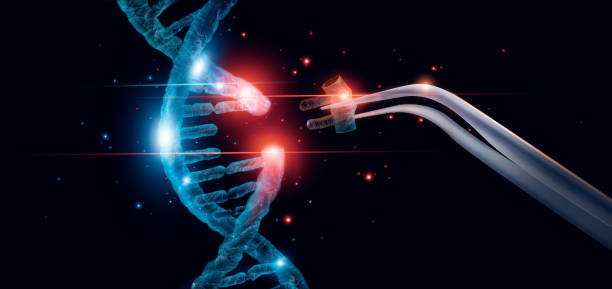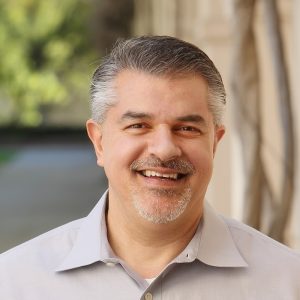Artificial Intelligence and Genetic Engineering, by Dr Fazale Rana
May 20, 2022

Both artificial intelligence and genetic engineering have enormous potential benefits for the health and welfare of humanity, but there are also risks. Artificial intelligence is using computers to mimic human thought processes and decision making. The possible threat here is that computers may surpass or even displace humanity. Genetic engineering is editing DNA genes. This can potentially be used to mitigate or eliminate genetic diseases, enhance human athletic or intellectual performance, improve health, or substantially prolong life. Dr Fazale Rana, from Reasons to Believe (RTB), spoke to us on “Artificial Intelligence and Genetic Engineering”. This is based on his book “Humans 2.0: Scientific, and Theological Perspectives on Transhumanism”. The Kindle edition is available from https://www.amazon.com.au/Humans-2-0-… for $11.99. The initial sections are on gene editing using CRISPR-Cas9, Brain Computer interfaces (BCI) and artificial body parts. These can be used to heal diseases or adverse genetic conditions. A prime example is the Cochlear ear implant, which is now used to enable deaf people to hear. This is great, but these techniques also have the potential capability to enhance human capabilities to create a new super humanity, which is more controversial.
TThe presentation is can be viewed on YouTube.

Dr Fazale Rana has a PhD in biochemistry. He was brought up in an atheist family, but describes his conversion as follows:
“As a graduate student studying biochemistry, I was captivated by the cell’s complexity, elegance, and sophistication. The inadequacy of evolutionary scenarios to account for life’s origin compelled me to conclude that life must come from a Creator. Reading through the Sermon on the Mount convinced me that Jesus really was who Christians claimed him to be: Lord and Saviour.”
In 1999 he left his position in research and development to join Reasons to Believe and is now Vice President of Research and Apologetics.
